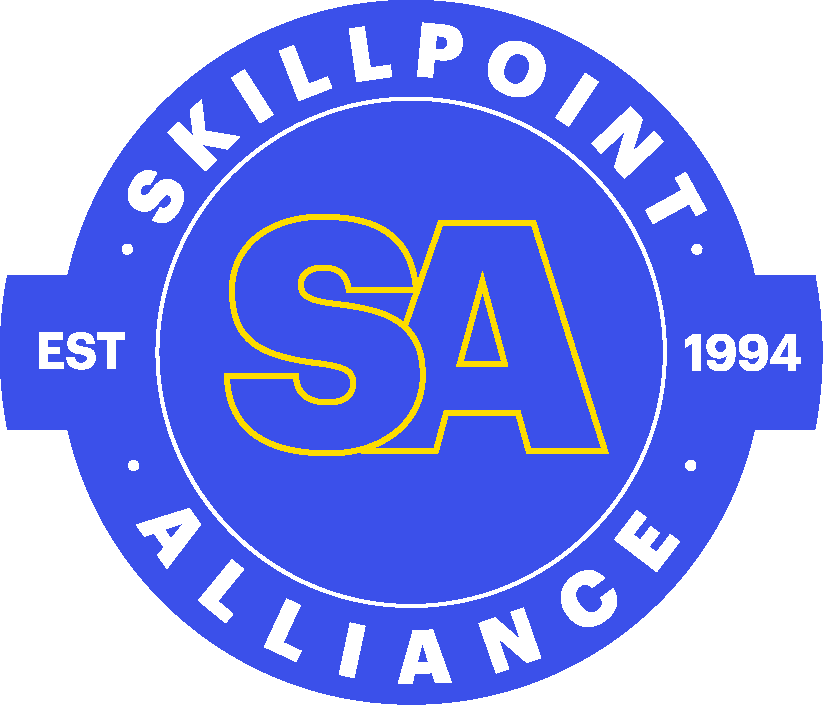Hard skills and soft skills are complementary. The right combination of each can make you an irresistible employee, or potential candidate, for employers. Leah Arnold-Smeets from PayScale elaborates further in an article when she says, “It’s easy to find job listings, but arguably tougher than ever to stand out from the crowd of qualified applicants.” Merging hard skills and soft skills can be the distinction that sets you apart from other qualified applicants.
Hard Skills
Hard skills tend to be clear cut meaning there is measurable success; they are more quantifiable than soft skills. They include on the job training such as: computer programs, manufacturing, baking, specialized abilities and required knowledge specific to each industry. Abdullah Hajar highlights the differences of hard skills and soft skills in an article published on LinkedIn. Hajar writes that hard skills “are skills where the rules stay the same regardless of which company, circumstance or people you work with” and goes on later to say “there are usually designated levels of competency and a direct path as to how to excel with each hard skill.” Moreover, success is straightforward and clear with hard skills. An example of a hard skill is reading a tape measurer; it stays the same regardless of job title, company or location.
Soft Skills
Where hard skills are generally technical, soft skills are personal, communication, and people skills. Alison Doyle from the About Careers website describes soft skills as the way you “relate to and interact with other people.” Even if you are the most technically qualified candidate for a job and your resume fits the job description perfectly, that may not be enough to secure a job. You will need to leave an impression and connect with the interviewer on an interpersonal level. Soft skills are also essential in networking and creating connections with potential employers. After securing a job, soft skills can help you find your place in a company’s culture. Soft skills are essential for landing a job and keeping it. Team building, communicating with coworkers, time management, decision making and organization are all major soft skills.
The Balance of Hard Skills and Soft Skills
The healthcare industry has an obvious crossover of hard skills and soft skills. In a hospital setting, it’s important to know hard skills like reading blood pressure or dressing a wound, as well as soft skills like how to help the patient feel at ease and communicate clearly the extent of their care. Both skill sets are essential in health care because the technical and interpersonal interactions with the patient often occur simultaneously.
The importance of hard skills and soft skills will vary depending on your chosen career. A human resources manager, for example, will probably engage soft skills more regularly than hard skills. A plumber, however, may utilize more technical, hard skills with tools, but will still require soft skills to communicate with customers and coworkers. Being a well rounded candidate requires combining hard skills with soft skills. Reflecting on the importance of each in your chosen career path will give you an idea of the most significant skills to become the best employee possible.




Recent Comments